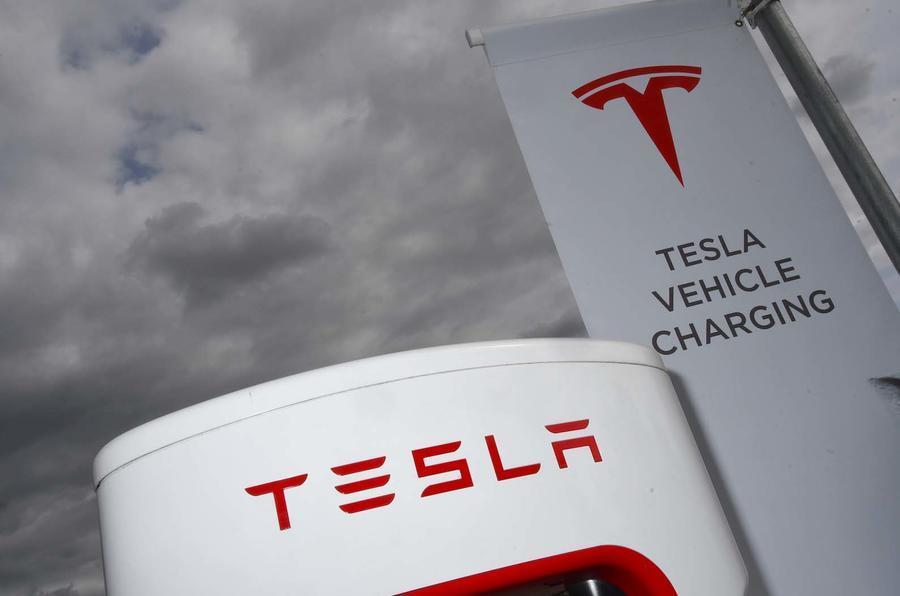Could old-school lead batteries come back to life and speed-up the introduction of electric cars as part of a nationwide charger network?
That’s the thinking in the US, where industry and government are teaming-up to explore if banks of high-capacity lead cells sited at conventional fuel stations could make life easier for EV owners. Tesla is already reported to have looked at the idea.
The latest move is a feasibility study in Missouri, organised by the Consortium for Battery Innovation (CBI), and supported by a grant from the US department of Energy. “This ground-breaking project could pave the way for a much wider roll-out of EV charger stations utilising advanced lead battery technology,” the CBI said.
Modern lead-carbon cells use dry accumulators with the electrolyte held in glassfibre fleece, so there is no nasty old-school acid to leak out.
The cells are widely used in industry, with applications that include balancing energy flow out of wind turbine farms. They can be installed in large storage capacities, for example 25mWh.
